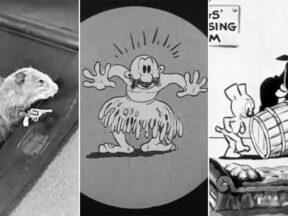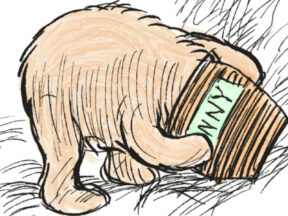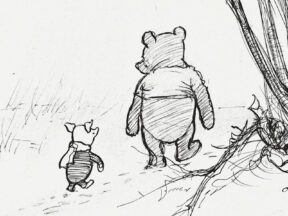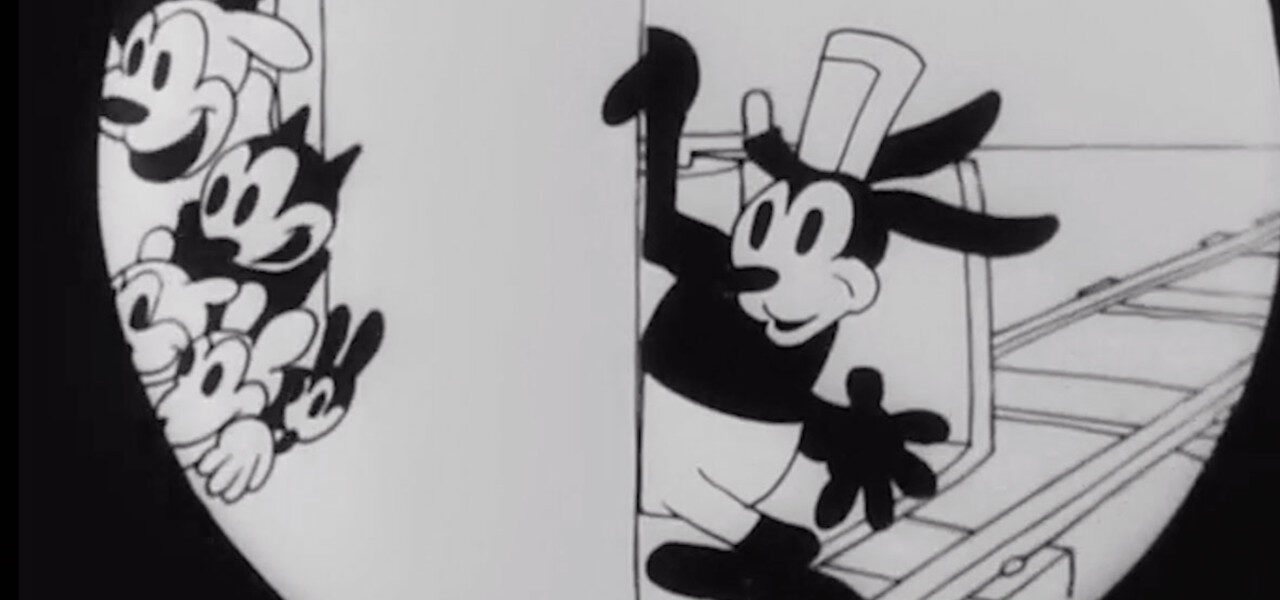
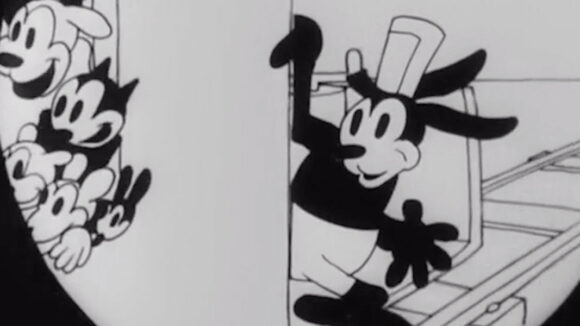
Oswald The Lucky Rabbit Shorts, ‘Metropolis,’ ‘The Jazz Singer’ Headline 2023 Public Domain Arrivals
Each year on January 1, all 95-year-old copyrights expire and a multitude of works enter the public domain, opening them up for free adaptation and interpretation.
Additions to the public domain are a big deal for the creative community, as it adds to the pool of characters, stories, and ideas they can implement in their own work. For example, last year A.A. Milne’s original book Winnie-the-Pooh hit the public domain, and now we’re getting a live-action Winnie-the-Pooh slasher flick and a new animated prequel film and series.
It’s important to note that while films, books, and musical compositions copyrighted in 1927 entered the public domain on January 1, later adaptations and recordings did not. The adaptations made since 1927 remain protected until 95 years after their copyright was established. Thus, new adaptations, remixes, or extensions of the properties can only be based on the original 1927 works. Using the above example, Disney’s animated Winnie is still safely protected until 2061, 95 years after his first appearance in Winnie the Pooh and the Honey Tree.
Disney has long been one of the great exploiters of the public domain, while also one of the single strongest advocates for extending copyright protection. The studio has found some of its most prominent successes in adapting public domain works such as Alice in Wonderland, Cinderella, The Jungle Book, The Little Mermaid, Beauty and the Beast, and The Snow Queen (reimagined as Frozen).
The company has also heavily — and successfully — lobbied to extend copyright terms in the U.S., which now last 95 years. In 2024, Mickey himself, or at least the version that debuted in 1928’s Steamboat Willie, will hit the public domain.
Several animated works hit the public domain this year, including a selection of Disney’s Alice in Cartoonland and Oswald the Lucky Rabbit shorts (likely related to Disney releasing a new Oswald short just last month), more than a dozen Max Fleischer Koko shorts (including one linked below which presents a thrilling prediction of life in 1999), numerous Felix the Cat titles, and some of Paul Terry’s Aesop’s Fables. (It’s important to note that many films from 1927, including some of the above, were already in the public domain because the studios had not renewed copyright in 1955, as was then required by law. On the flipside, elements of the re-issued versions of films, such as the music in the Koko cartoon below, are not public domain.)
Each year, the list of feature films that enter the public domain is an interesting look back at the history of filmmaking, and 2023 saw several absolute classics lose their copyright protection. Among them are the first-ever Academy Award best picture-winner Wings; Fritz Lang’s sci-fi masterpiece Metropolis; and Laurel and Hardy’s The Battle of the Century, which featured the pie fight responsible for creating the pie-fighting trope. Also in the public domain is Al Jolson’s The Jazz Singer, the first feature-length film with synchronized dialogue and the nail in the coffin of the silent film era.
Among the books which are now part of the public domain are the final Arthur Conan Doyle Sherlock Holmes book The Case-Book of Sherlock Holmes, Virginia Woolf’s To the Lighthouse, Willa Cather’s Death Comes for the Archbishop, and William Faulkner’s second novel Mosquitos.
Musical compositions now free to use include some familiar standards such as “The Best Things in Life Are Free” from the musical Good News; Irving Berlin’s “Puttin’ on the Ritz”; and jazz classic “Ice Cream (I Scream, You Scream, We All Scream for Ice Cream).”
A more detailed list of newly public domain works can be found here.


